EXCLUSIVE: EU’s Perspective on US-Russia Relations and the Future of the Russia-Ukraine War
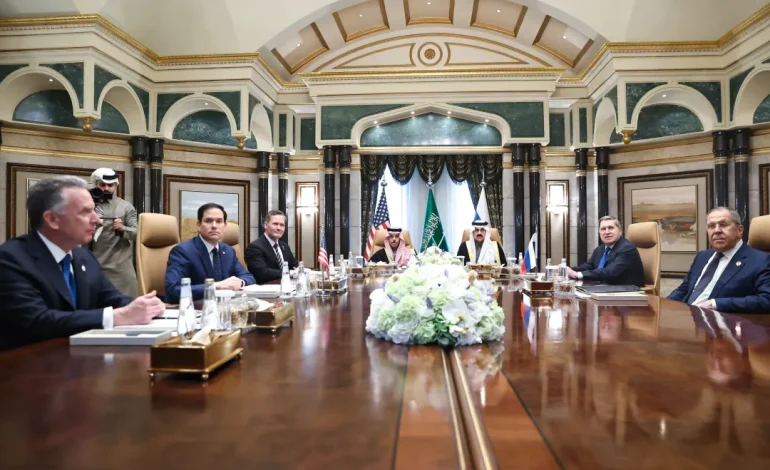
The Russo-Ukrainian War, which began in 2014, escalated significantly in February 2022 when Russia launched a full-scale invasion of Ukraine.
This conflict has profoundly impacted European security, prompting the European Union (EU) to reassess its foreign policy and defense strategies. Recent shifts in US-Russian relations, particularly under President Donald Trump’s administration, have further influenced the EU’s approach to the war and its resolution.

From the onset of the invasion, the EU has been steadfast in its support for Ukraine, implementing multiple sanctions packages against Russia and providing substantial humanitarian and military aid. These measures aim to pressure Russia economically and diplomatically while bolstering Ukraine’s defense capabilities. The EU’s commitment to Ukraine’s sovereignty and territorial integrity remains unwavering.
To better understand the EU perspective on the shift in US-Russian relations and the possible end of the Russia-Ukraine war, Wyoming Star spoke with Dr. Thomas Risse, a Senior Professor at the Cluster of Excellence “Contestations of the Liberal Script” (SCRIPTS).
Wyoming Star: Recent developments suggest a shift in US-Russia relations, with reports of direct talks between the US and Russia. How will Europe respond to this shift, particularly if it leads to a resolution of the Russia-Ukraine war?
Dr. Risse: The European Union (EU)—with the exception of Hungary—sees the recent shift by the Trump administration as a betrayal of the transatlantic alliance. Europe will try to make sure that a) there is no US-Russian deal without the involvement of Ukraine and b) that there will be clear-cut security guarantees for Ukraine. EU countries plus the United Kingdom are currently working on solutions for this problem.
Europeans are extremely critical of the Trump administration and its tendency to make advance concessions to Russia before ceasefire negotiations have even started.
Wyoming Star: What can be done to ensure the sustainability of peace between Russia and Ukraine with Ukrainian safety concerns accounted for?
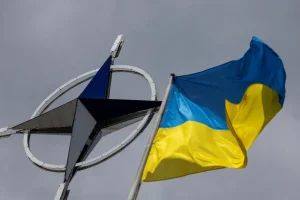
Dr. Risse: There must be ironclad security guarantees for Ukraine so that another Russian aggression does not occur. The “cheapest” and easiest solution would be if Ukraine were to join NATO sooner than later. Since this is not in the cards given the Trump administration’s soft attitude toward Russia, a European “coalition of the willing” will be the most likely solution. This might require European “boots on the ground” in Ukraine in order to secure a cease-fire or a no-fly zone. Most Europeans don’t trust Russia and Putin anymore.
Wyoming Star: The current US administration under President Trump has shown a preference for unilateral actions, as seen in the direct negotiations with Russia over Ukraine. How is this shift affecting transatlantic relations? Is there a risk of Europe being sidelined, or could this lead to a more balanced partnership?
Dr. Risse: The Trump administration seems to be split among those (like the Vice President) who want to leave the transatlantic security partnership and those (like the Secretary of State) who prefer a more balanced partnership. I am all in favor of the latter. Europe needs to take care of its own security and needs to do much more in this context (ca. 3.5% GDP for defense, e.g.). This will take some time, but it is likely to happen. Yet, the US needs to realize that a Europe that can defend itself will rely less on US security guarantees. As a result, US influence in Europe will be reduced.
Wyoming Star: How do the recent developments affect European unity on security and foreign policy? Are there any visible rifts within the EU concerning how to handle Russia moving forward?
Dr. Risse: There are a few “Trump allies” in the EU, such as Hungary’s Victor Orban. But they are in a small minority.
The majority is currently realizing that the Trump administration is not to be trusted, which is a big change in transatlantic relations.
Wyoming Star: How do you assess Germany’s position on the possible negotiations? Can it play a similar role it did in the Minsk Agreements?
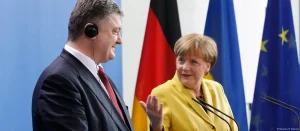
Dr. Risse: Germany needs a new government, first of all. The likely chancellor, Merz, however, has realized that Germany needs to get in the game immediately.
Wyoming Star: If the war in Ukraine were to end soon, what is the EU’s strategy for rebuilding its relationship with Russia? How can the EU balance economic ties with Russia while maintaining security in Eastern Europe?
Dr. Risse: There is absolutely no appetite in Europe for rebuilding a relationship with Russia, as long as Putin and his autocrats are in power. Putin has destroyed the European security order, and Europe will have to defend itself against his imperialism.
Wyoming Star: Since the first Trump presidency, there have been speculations on the US leaving NATO and thus ending the alliance. Do you see this as a possible outcome of the shifts in US foreign policy?
Dr. Risse: At the end of the day, I don’t think so.
There are lunatics in the Trump administration who might want to leave NATO, but there is still a bipartisan majority in Congress in favor of the alliance. However, there is a consensus in the US that Europe needs to do more for its defense. And this is being realized in Europe, too.
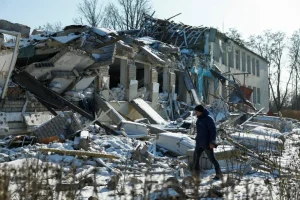
Wyoming Star: How do the EU’s and US’s economic interests align when it comes to rebuilding Ukraine after the conflict? Are there concerns about competition for resources like critical minerals, especially with regard to recent statements by Trump and Zelenskyy?
Dr. Risse: Recent attempts by the Trump administration regarding critical minerals are viewed in Europe as both imperialist and colonial. At least to the extent that details from suggested treaties have been leaked to the press. As to rebuilding Ukraine, Europeans know that they have to shoulder this burden more or less themselves and that they cannot rely on the US anymore.
The EU remains committed to Ukraine’s defense and sovereignty, despite uncertainties surrounding US foreign policy. With shifting dynamics in transatlantic relations, Europe is increasingly taking steps toward military and economic self-reliance. While peace in Ukraine remains the ultimate goal, the EU insists that any resolution must include strong security guarantees and a long-term strategy to deter future Russian aggression.
With input from New York Post, Vox, and Reuters.



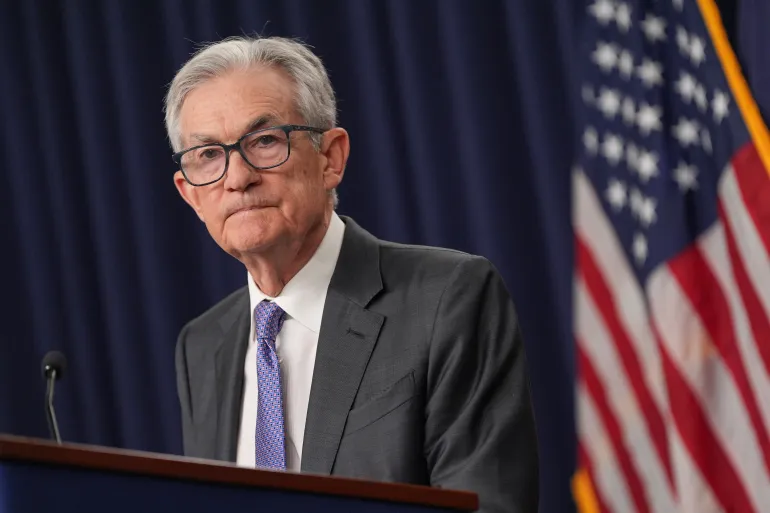
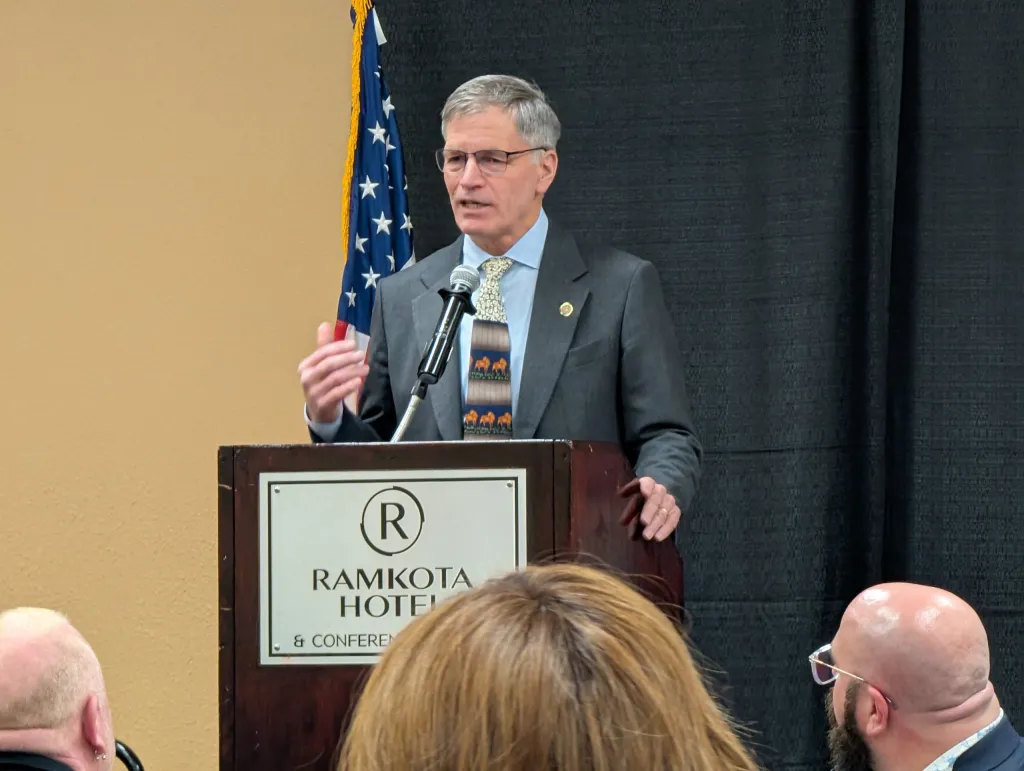


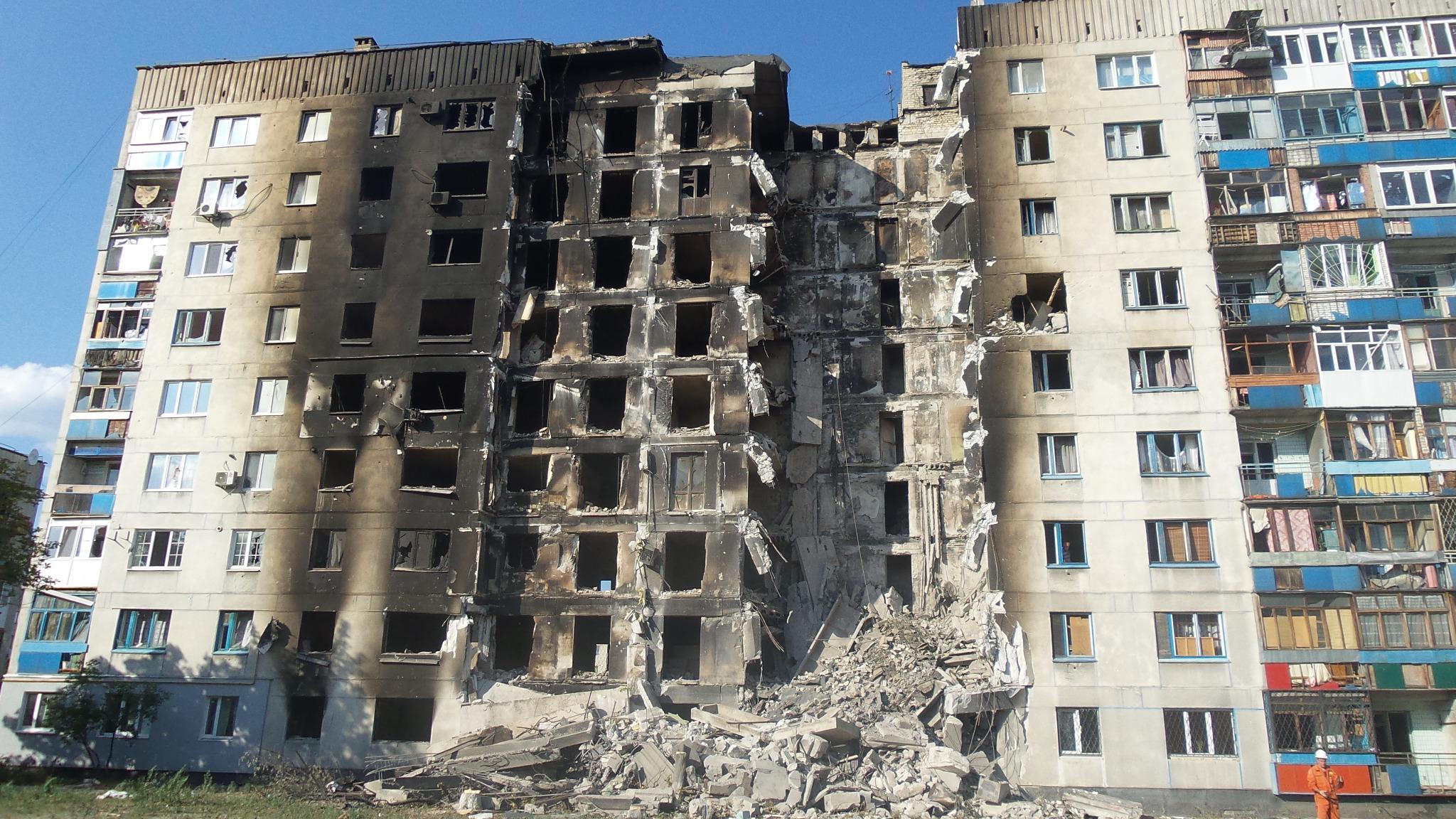

The latest news in your social feeds
Subscribe to our social media platforms to stay tuned